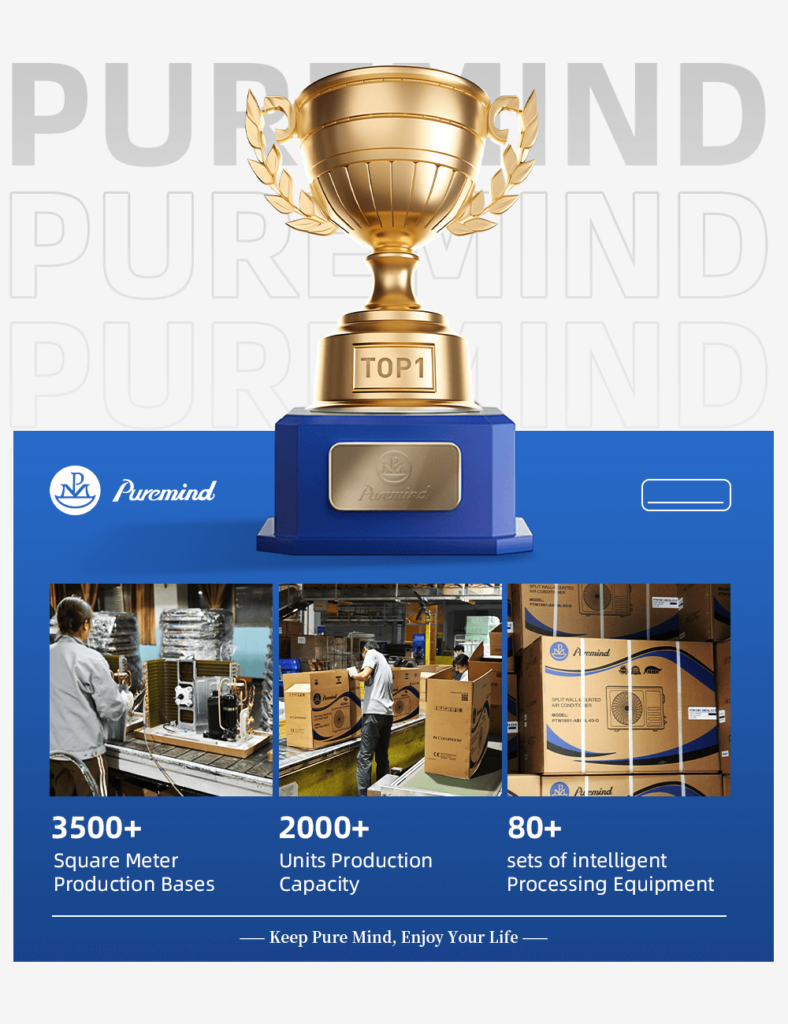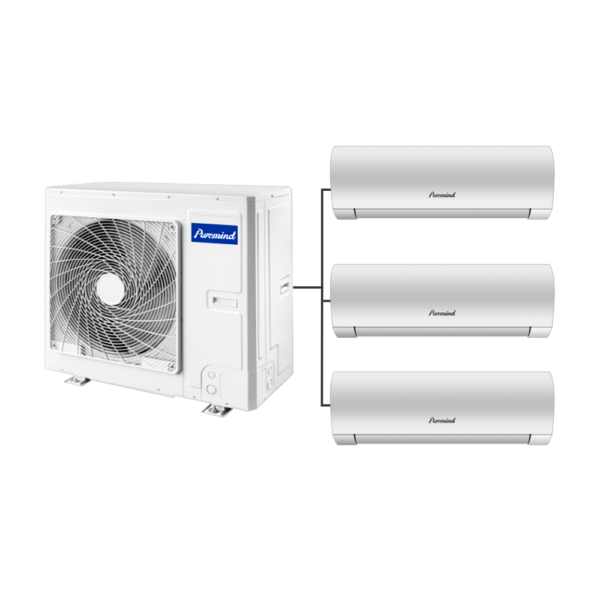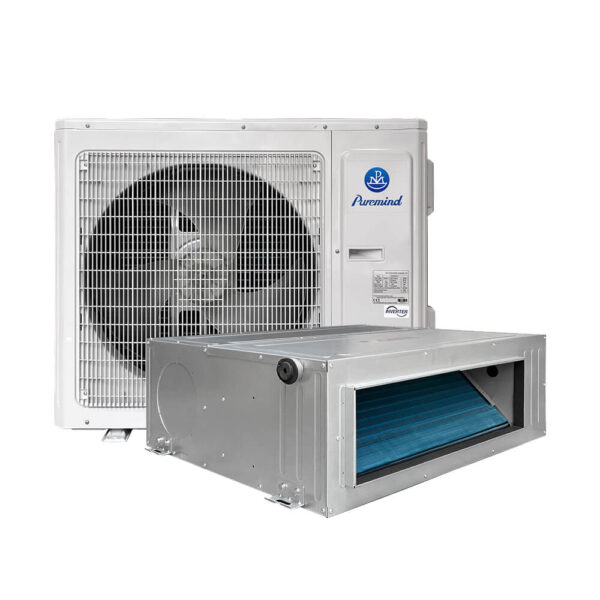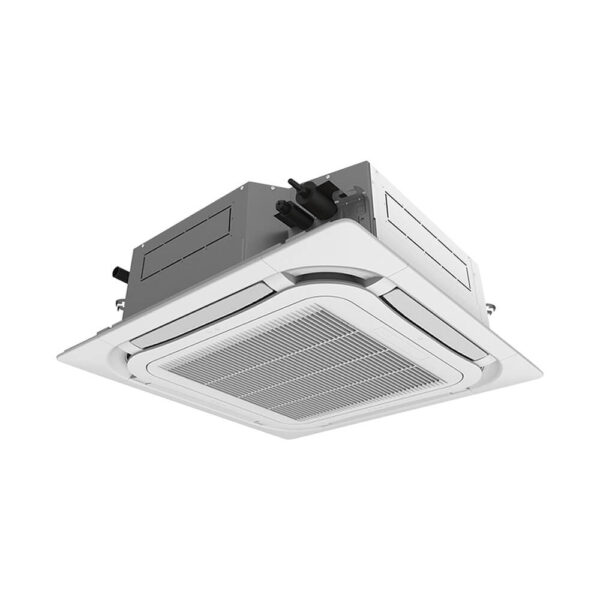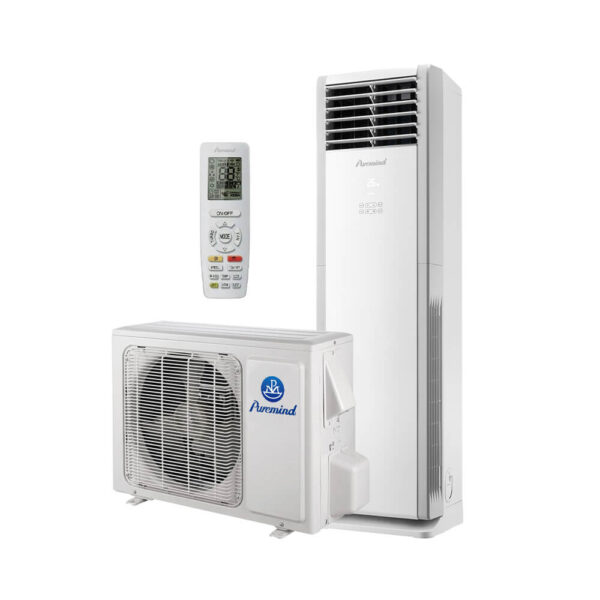HVAC Parts Supplier: Complete Guide for Wholesalers, Distributors, and Contractors
In the HVAC industry, having a trusted HVAC parts supplier can make the difference between meeting deadlines and facing costly delays. For wholesalers, distributors, and contractors, suppliers are not just vendors—they are partners in delivering reliable, efficient, and innovative solutions to the market. This guide explores what defines a dependable supplier, what products they provide, and how businesses can strengthen their supply chain partnerships.
Why Choosing the Right HVAC Parts Supplier Matters
Every commercial or residential project depends on parts availability. From compressors to filters, an HVAC parts supplier ensures contractors and wholesalers have what they need, when they need it. Reliable suppliers reduce downtime, improve customer satisfaction, and create long-term business growth opportunities.
Common HVAC Parts Provided by Suppliers
A strong HVAC parts supplier covers all essential categories. The most in-demand parts include:
- Compressors: The heart of cooling systems, available in rotary, scroll, and screw types.
- Motors: Blower and condenser fan motors to ensure proper air movement.
- Filters: High-efficiency filters for maintaining air quality.
- Coils: Evaporator and condenser coils for system performance.
- Thermostats and Controls: Smart and programmable controls for modern buildings.
- Refrigerant Accessories: Valves, driers, gauges, and charging hoses.
- Replacement Kits: Maintenance kits for contractors handling routine service.
Split Systems and the Role of Parts Suppliers
Split air conditioners are among the most popular HVAC solutions. Contractors rely on timely delivery of parts to keep projects running smoothly. For wholesalers, having a dependable source of inventory—such as the split air conditioner category—ensures they can meet growing demand in both residential and commercial markets.
Qualities of a Reliable HVAC Parts Supplier
What sets a trusted supplier apart from the rest? Here are key qualities to look for:
- Wide Inventory: Covering both common parts and hard-to-find components.
- Consistency: Regular stock availability without frequent backorders.
- Speed of Delivery: Same-day or next-day shipping options for urgent projects.
- Technical Expertise: Knowledgeable staff who can provide product recommendations.
- Warranty and Returns: Clear policies that protect distributors and contractors.
How HVAC Parts Suppliers Support the Supply Chain
Suppliers serve as a bridge between manufacturers and contractors. They add value by:
- Managing inventory risk on behalf of wholesalers and distributors.
- Providing training programs on new technologies.
- Offering financing options for bulk orders.
- Supporting after-sales service and warranty claims.
Benefits of Partnering with a Strong HVAC Parts Supplier
Building long-term relationships with suppliers brings measurable benefits:
- Reduced Downtime: Projects stay on schedule.
- Lower Costs: Efficient logistics reduce shipping and inventory expenses.
- Improved Customer Loyalty: Contractors trust suppliers that deliver consistently.
- Market Advantage: Access to new technologies before competitors.
Industry Trends Impacting HVAC Parts Supply
The HVAC supply chain is evolving rapidly. Trends include:
- Digitalization: Online ordering platforms with real-time stock updates.
- Sustainability: Eco-friendly refrigerants and recyclable packaging.
- Smart Controls: Increased demand for IoT-enabled thermostats and sensors.
- Global Supply Challenges: Suppliers investing in local warehouses to reduce delays.
External Insights on HVAC Parts Supply
According to ASHRAE, consistent access to quality HVAC parts is critical in meeting efficiency standards and ensuring compliance with building codes. Suppliers that adapt quickly to regulatory changes provide a significant advantage to wholesalers and contractors.
Challenges Faced by HVAC Parts Suppliers
Wholesalers should also recognize the difficulties suppliers face:
- Inventory Volatility: Global demand fluctuations impact availability.
- Rising Costs: Raw materials and freight charges increase overall expenses.
- Technological Complexity: New HVAC technologies require constant updates.
- Labor Shortages: Logistics and warehouse staffing remain difficult to manage.
Tips for Wholesalers and Contractors in Choosing Suppliers
- Evaluate supplier reputation through reviews and references.
- Check whether they offer warranties and reliable return policies.
- Assess their knowledge of regional codes and compliance standards.
- Request delivery time guarantees, especially during peak seasons.
- Look for suppliers offering training or technical support.
Future of HVAC Parts Supply
The future will emphasize local resilience, digital integration, and sustainability. Suppliers will likely combine e-commerce convenience with the reliability of nearby warehouses, ensuring contractors can always find a trusted HVAC parts supplier close to their job sites.
Conclusion
For wholesalers, suppliers, and distributors, partnering with the right HVAC parts supplier is not just a transaction—it’s a strategy. By aligning with reliable partners, businesses can improve efficiency, adapt to industry trends, and ensure customer satisfaction. In a competitive marketplace, the supplier you choose becomes a cornerstone of your long-term success.
Final Word: A trusted HVAC parts supplier is more than a source of products—it’s a partner in building reliability, efficiency, and growth for your entire HVAC business.
